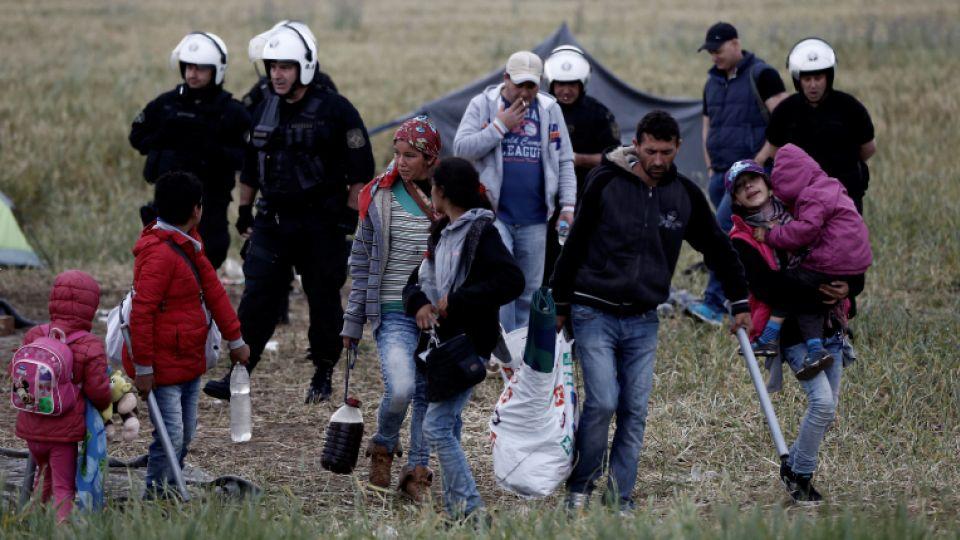By Akanimo Sampson
As part of Greece’s ongoing effort to decongest the overcrowded North-Eastern Aegean islands, another 700 vulnerable refugees and migrants have been safely transported from the Greek islands to the mainland.
The group arrived in Piraeus, the largest port in Greece, where the International Organisation for Migration (IOM) then transported them to designated accommodation sites that have been set up on the Greek mainland. Majority are families with children from Afghanistan and came from the islands of Lesvos, Samos, Chios, Leros and Kos.
The latest arrivals bring to 3,887, the number of people that IOM has transferred from the ports to new and existing mainland accommodation facilities, where new places have been created.
“I was in Moria [on Lesvos] for the last 10 months. The situation was very difficult there for me and my family. This is a new day for us and we can now see the future from a different scope”, said Zeina, a 24-year-old woman from Afghanistan.
“IOM is ensuring smooth and effective operations at all accommodation facilities on the mainland of Greece and providing comprehensive services to the vulnerable groups”, said Gianluca Rocco, IOM Chief of Mission for Greece.
“Among other services, we are providing interpreters, psychologists, social workers, legal counsellors and facility coordinators with a special focus on psychosocial expertise, legal support and child protection”, he added.
The recent tragedy at the Moria camp where migrants lost their lives further shows that the conditions are untenable for people there, the staff and the local community. With the recent increase in arrivals to Greece, the Moria reception and identification center (RIC) of Lesvos is now hosting over 13,000 refugees and migrants, more than four times its capacity.
A similar situation exists on the island of Samos, where the local reception and identification center (RIC) is hosting 5,800 migrants, with a capacity of 648. The facilities on the islands of Chios, Kos and Leros are also facing mounting overpopulation pressure.
Given the poor conditions on the overcrowded facilities of the islands, IOM is supporting the Greek authorities with the decongestion effort and the movement of vulnerable people arriving from the islands to open accommodation facilities on the mainland. The organisation, with EU funding, is complementing the effort with the expansion of existing accommodation and creation of new places on the mainland to host the most vulnerable populations coming from the islands.
IOM, in collaboration with partners, Danish Refugee Council (DRC), Arbeiter Samariter Bund (ASB) and UNICEF, provides site management support services at 29 open accommodation facilities currently hosting some 19,000 refugees and migrants.
IOM also operates in 33 temporary facilities all over Greece, currently providing accommodation to some 4,200 vulnerable refugees and asylum seekers, with the support of the European Commission’s Directorate-General for Migration and Home Affairs (DG HOME).

